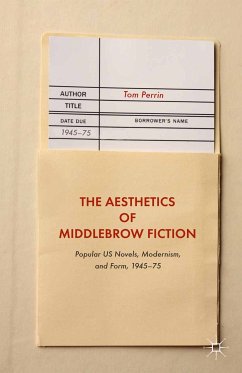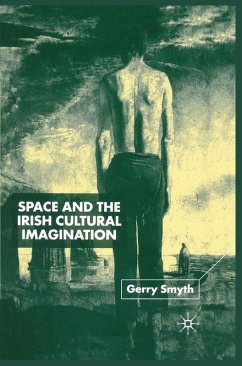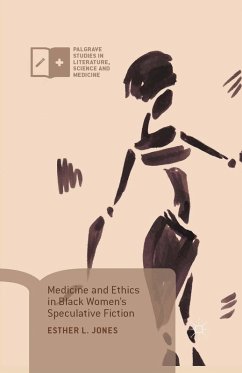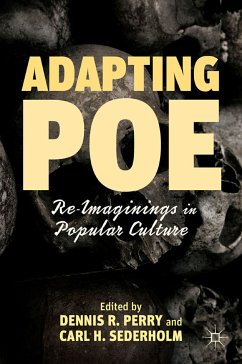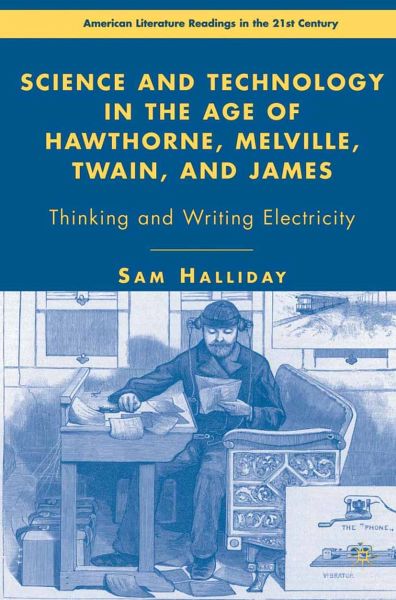
Science and Technology in the Age of Hawthorne, Melville, Twain, and James (eBook, PDF)
Thinking and Writing Electricity
Versandkostenfrei!
Sofort per Download lieferbar
40,95 €
inkl. MwSt.
Weitere Ausgaben:

PAYBACK Punkte
20 °P sammeln!
This book reveals the full extent of electricity's significance in Nineteenth and early Twentieth Century literature and culture. It provides in-depth coverage of a wide range of canonical American authors from the American Renaissance onwards. As well as many fascinating hitherto under-studied writers.
Dieser Download kann aus rechtlichen Gründen nur mit Rechnungsadresse in A, B, BG, CY, CZ, D, DK, EW, E, FIN, F, GR, HR, H, IRL, I, LT, L, LR, M, NL, PL, P, R, S, SLO, SK ausgeliefert werden.




